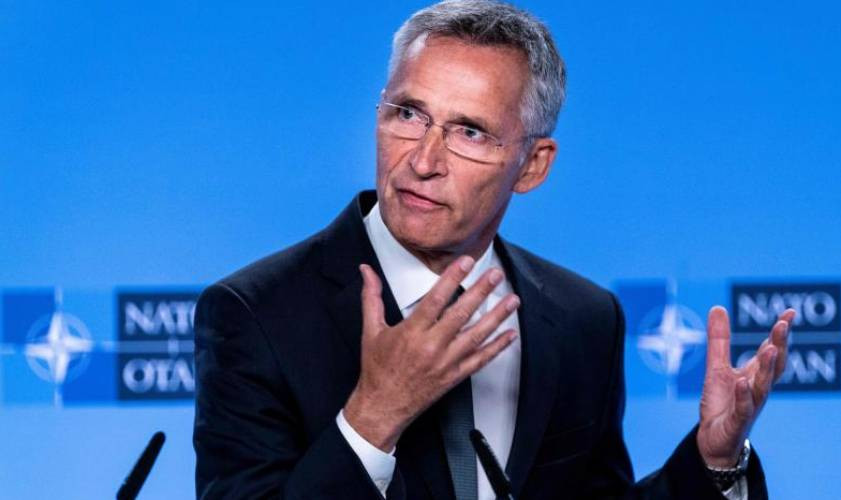×
The Standard e-Paper
Fearless, Trusted News

NATO Secretary General Jens Stoltenberg. [AP]
NATO Secretary General Jens Stoltenberg declared the alliance's continued support for Ukraine, saying Tuesday "we will not back down" as NATO foreign ministers gathered for two days of talks in Romania.